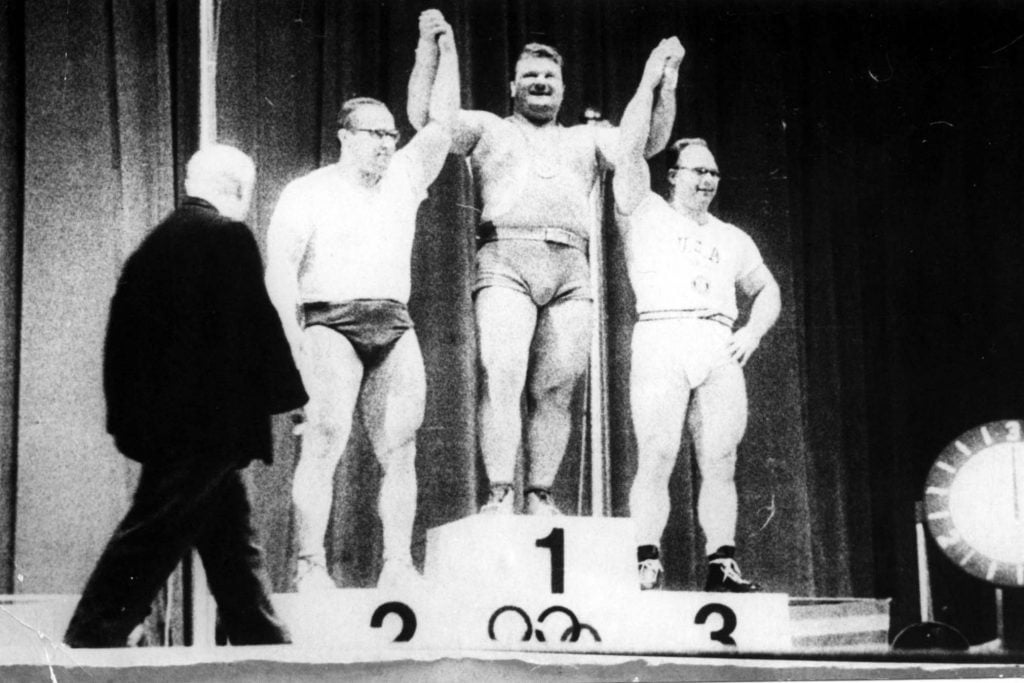IWF120y/87 – 1967: World Championships, an (almost) annual tradition

The 2024 IWF World Championships represented the 89th recognised edition of the IWF showcase, with the first one taking place in London, in the now distant year of 1891. There are more than 89 years between that founding date and the present, but as a norm, World Championships are taking place annually. There are however exceptions. Until 1912, these events were erratic and did not follow a coherent calendar (there were four World Championships in 1911, for example!), but after that, there was some regularity. However, two major disruptions occurred during the period of the two world wars – between 1914-1919, and then 1939-1945. Moreover, the four-year cycle determined by the Olympics also dictated the staging (or not) of the IWF showcase. From the 1948 to the 1960 edition of the Games, World Championships were not staged in those years, something that was replicated between 1988 and 2016. From 1964 (photo) to 1984, the Olympics were also counted as World Championships, while in 2021 and 2024, the IWF event was also organised in an Olympic year. Finally, there are two abnormalities to this sequence: from 1924 to 1936, there were no World Championships, as well as in the single year of 1967. In the first case, the explanation relates to the deficient organisation of the IWF in the 1920s, the internal divisions between weightlifting factions, and the ‘forced’ change for the adoption of a triathlon format (press, snatch and clean & jerk) determined by the IOC to be implemented from the 1928 Games. Concerning 1967, the IWF showcase was scheduled to take place in Japan, but the Asian nation did not have diplomatic relations with the German Democratic Republic (still a trace of the WW II conflict). As visas couldn’t be delivered to GDR lifters, no flag could be displayed or anthem played, the Soviet and Eastern European bloc decided to support their ally and boycott the event – in consequence, the IWF had no choice but to cancel that edition. Fortunately, it remains the last major setback in the history of the IWF World Championships.












